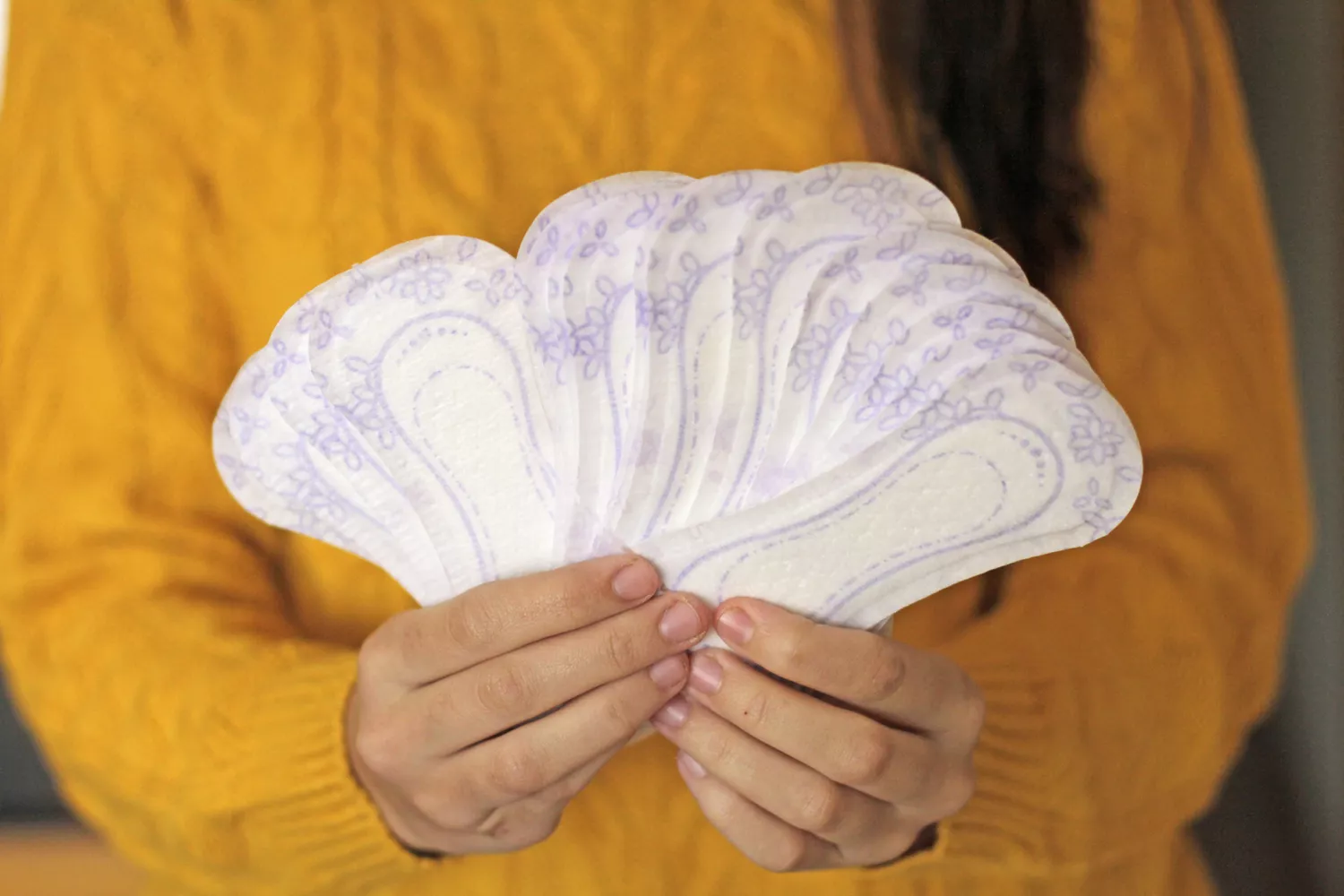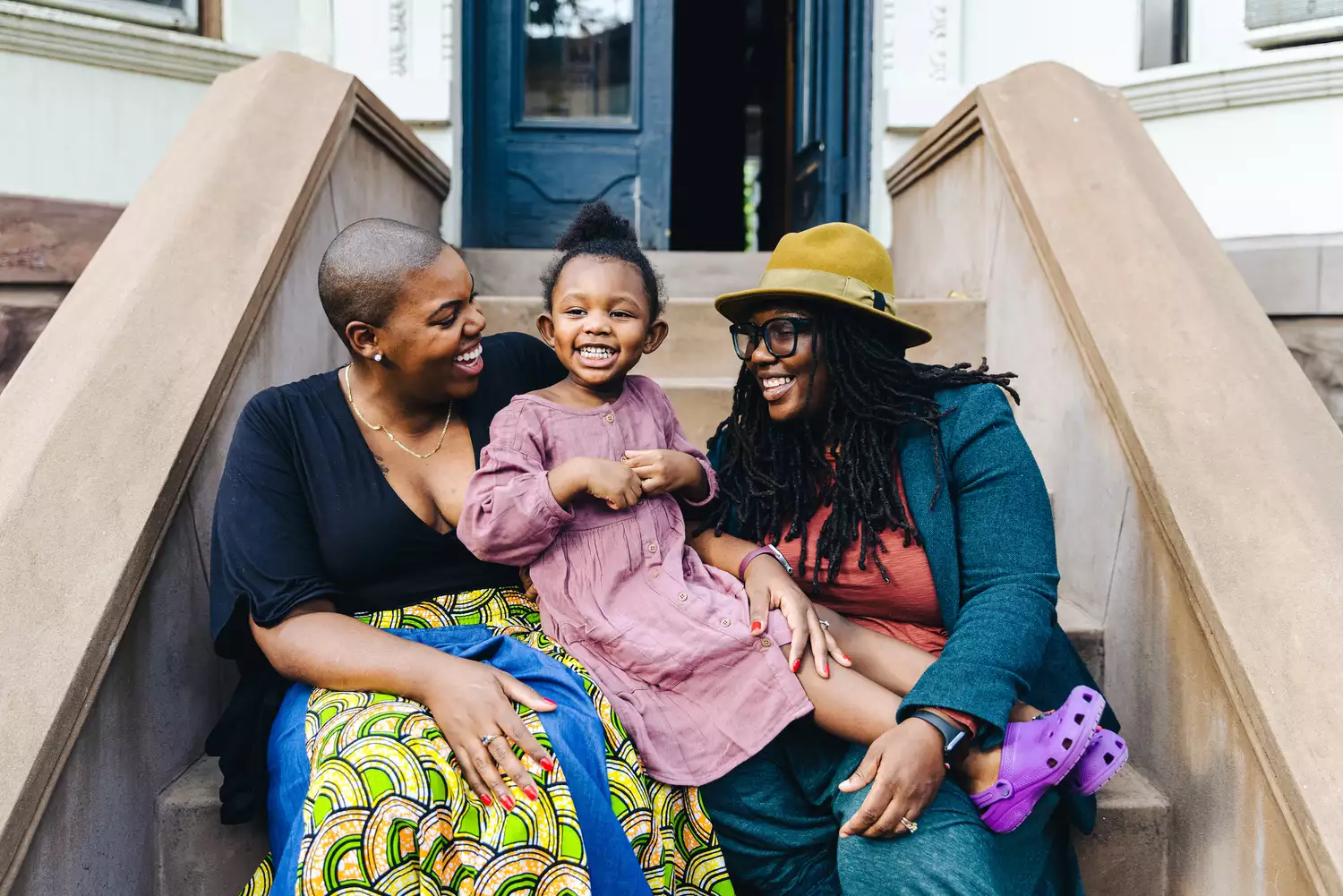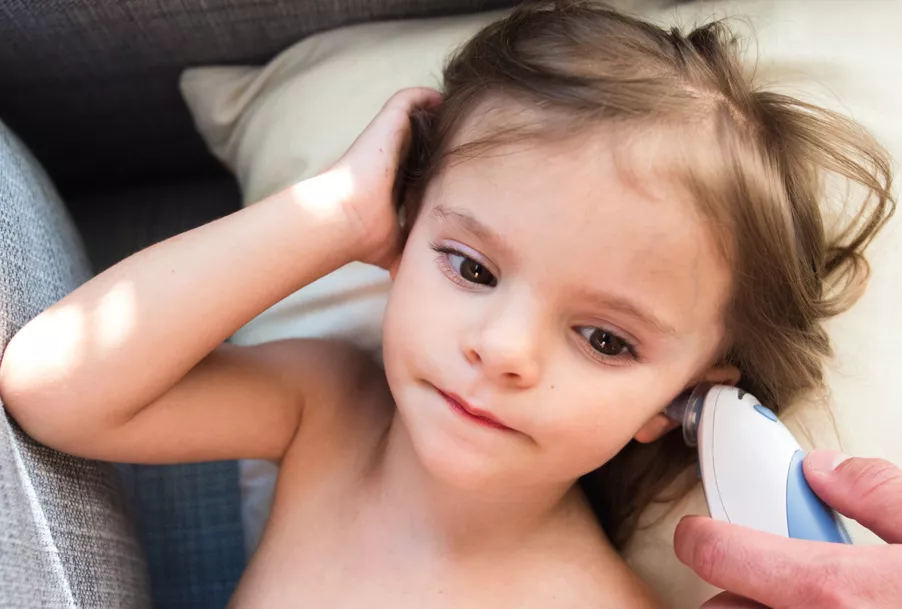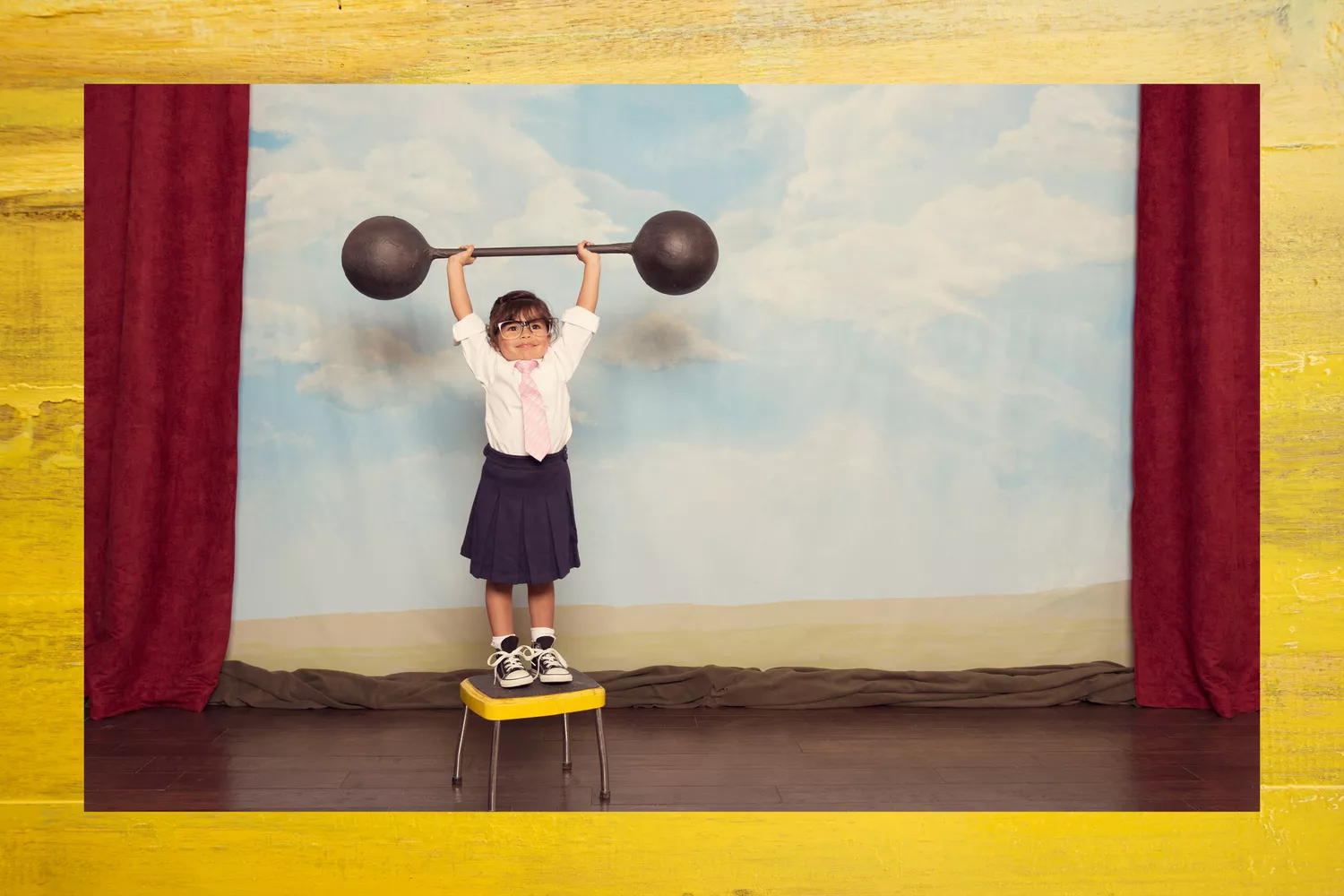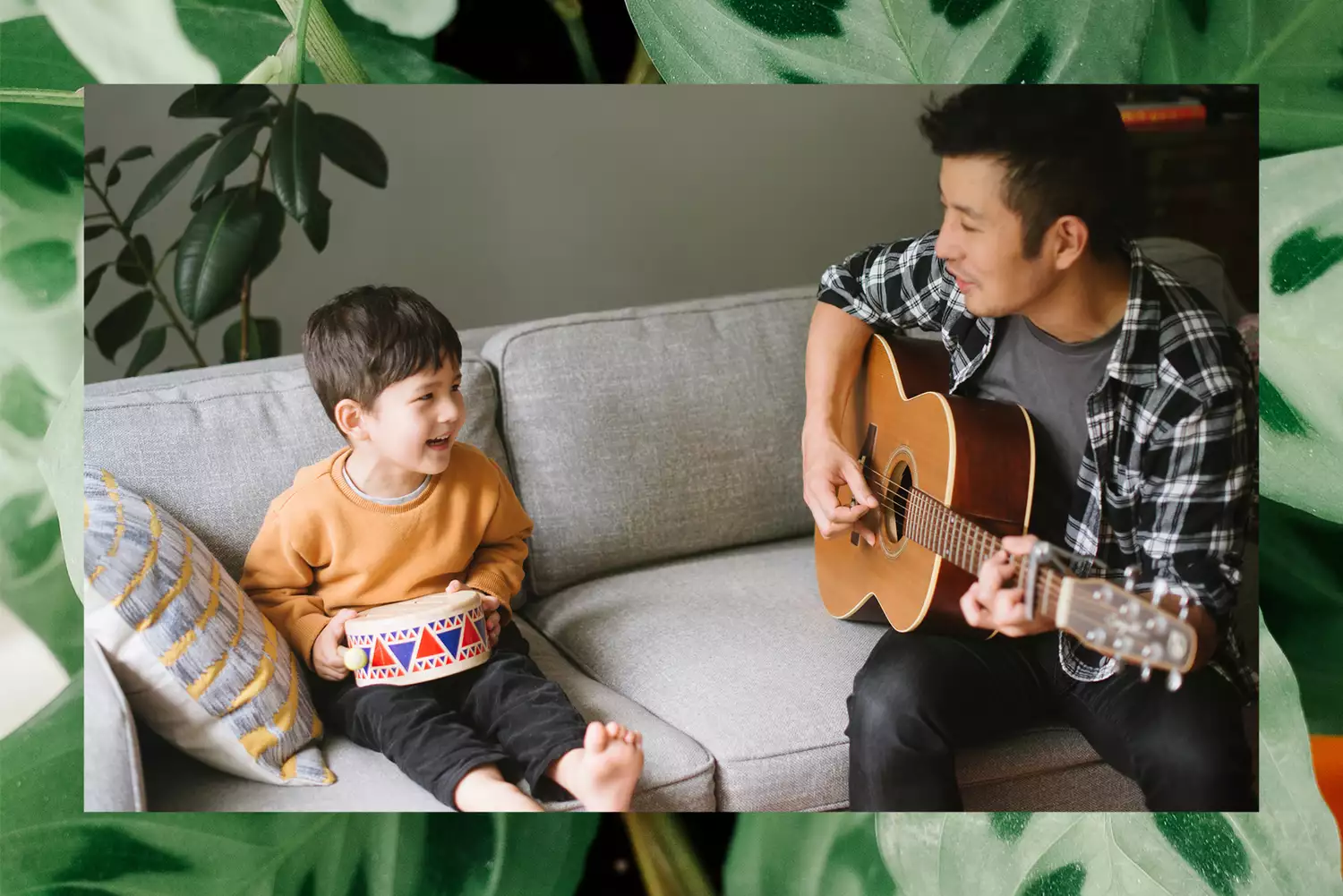When do kids start pre-school?
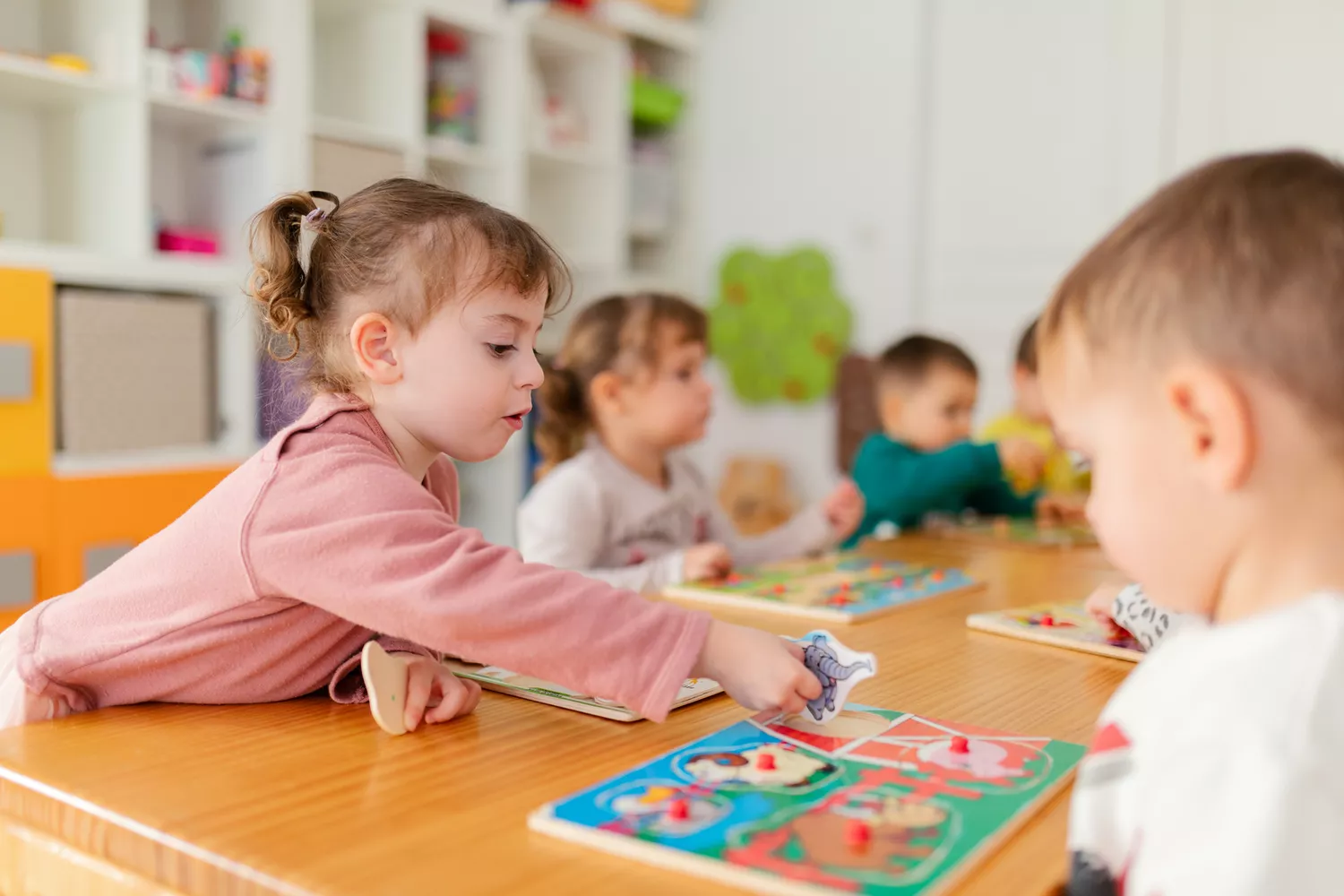

Your child is growing so quickly! Each new milestone helps them become more independent, and they learn about their environment. You have a responsibility to help them progress. This could include enrolling them in a preschool.
You probably have many questions if you are considering enrolling your child in preschool. Are you sure your child is ready to make this big transition? What is the average preschool age? How much will your child learn in the preschool classroom? To answer these questions, we spoke to early childhood education specialists.
6 Types of Preschool Programs
What is the typical age of a preschooler?
The decision to enroll in preschool can be a difficult one, according to Carolyn Rubenstein Ph.D. a licensed psychology from Boca Raton. According to the Centers for Disease Control and Prevention, preschool is defined as 3 to 5 year olds. Most kids begin preschool between the ages of 3 and 4 years old. When making a decision, it’s important to take into account your child’s individual readiness signs. However, preschool staff as well as your doctor may also have some input.
Parents should review the policies of certain schools before enrolling their children in preschool. Some preschools accept children who turn 3 during a specific point in the school year (such as on October 1 or December 1) Some preschools accept even younger children, sometimes as young as 18-month-olds. Calling preschools in the area is an excellent first step for parents.
When does pre-school start?
Most children start school between the ages of 3 and 4, but you should also consider your child’s readiness.
Are you ready to send your child to preschool?
You can’t just rely on age to determine if your child is ready for preschool. It’s normal for some children to be ready sooner than others, based on their developmental characteristics.
Consider these factors when determining your child’s preschool readiness. You should also keep in mind that your child may be “preschool-ready” even if they don’t meet all the milestones on this list. This is especially true if you have developmental delays. The local school district can help you make this decision.
Potty training. Before attending preschool, some preschools require that your child be potty-trained. All children have accidents. However, they should be able use the toilet on their own and clean up after themselves.
Schedule for naps. Your child may not be able to cope with the pace in a preschool classroom if they are still taking long naps in the morning. The majority of all-day schools will allow a short break after lunch. However, the transition from kindergarten to preschool is exhausting and children may feel tired at first.
Separation anxiety. Separation Anxiety. Preschool teachers know how to cheer up and redirect children when they must say goodbye to parents. However, your child should be familiar with leaving you to go to preschool and being in company of adults.
Five ways to support your child’s preschool curriculum at home
Transitions. Preschool days are built on routines. The preschool day can be up to 60% transitional time. This includes going from home to school, cleaning up after center time, switching to snack, changing inside to outside and moving from lunch to rest. Your child should be able to transition from one activity to the next without getting overwhelmed.
Communication. Your child should be able to communicate with their teachers and peers as soon as they enter preschool. They can express their needs and feelings (for instance, if they want to go to the bathroom or drink some water).
Follow Directions. Early educators know how to make everyday routines exciting and encourage children to obey directions. Your child should be familiar with following instructions and directions. They should have learned these skills if they’ve attended daycare.
Playing with Others. Your child should be able play well with other children before starting preschool. Social skills do not need to be perfected but they should still feel comfortable with other kids.
First Day of Preschool: Tips for Overcoming Separation Fear and More
Preschool Benefits
The benefits of preschool are numerous for young children. Allison Wilson, senior director of curriculum at Stratford School and a 20-year veteran of early childhood education, says that a preschool program can capitalize on these formative years. A preschool program should provide basic academics such as alphabets, numbers, shapes and colors. By exposing children to new words and encouraging their self-expression, preschool can help develop language skills.
Children will develop social skills as they learn to share, take turns, line up for activities and follow directions. Whittaker says that children will learn to be social in a group and to function within a group. ” The social-emotional skill is beneficial for children because they will need it to work, play, and learn in a classroom.”
These social benefits include acceptance and celebrating differences. Whittaker says that in a preschool, children can work and play with classmates who look different, may speak a foreign language, or have varying abilities. They also bring their perspective to the classroom.
A second benefit of pre-school is that the children are exposed in a different way to people, toys and learning resources than they might encounter at home. Whittaker says that “preschool materials will be different from toys you would find at home because they were created and bought with learning in mind.” A well-stocked block center allows a child to build up to their full potential and learn math as well as engineering, geometry, measuring language, problem-solving, and other skills.
Preschool helps kids to gain confidence, independence and make new friends. This is the key to a successful kindergarten experience.
Preschool behaviors that could indicate a learning disability
Preparing Your Child For Preschool
You can prepare your child for preschool by encouraging autonomy and independence. Buy a backpack, lunchbox and clothing that they can easily dress themselves. Encourage them to practice socializing at the playground, birthday parties, playgroups or play dates. Introduce them to early skills such as counting.
Wilson suggests that you prepare for preschool in the following ways.
- Visit the school
- Read about the beginning of preschool
- Ask the teacher to help you with some basic self-help skills. (Putting on shoes, washing your hands, etc.)
- Play pretend with your child to learn about the preschool concept (sharing, playing together, etc.).
Both parents and children are entitled to be apprehensive when big changes occur. Celebrate this exciting transition, as it marks the beginning of formal education for your child and a new chapter in their life.






